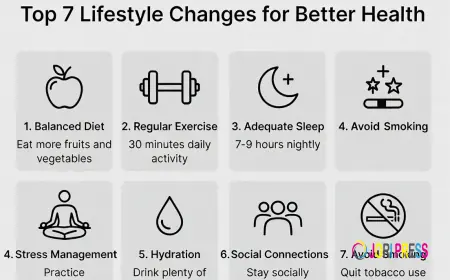Why More NDIS Participants Are Requesting Household Support?
Australians with impairments are now living a more independent and confident life because of the NDIS program, which offers vital support. The number of participants seeking household support services has noticeably increased recently. The difficulties of keeping a secure and productive home environment, evolving demands, and increased awareness of available services are all reflected in this development.

Here’s why people are turning to assistance with household tasks in Alice Springs –
Increasing Knowledge of NDIS Flexibility
The flexibility of their plans is now more understood by many NDIS members. Cleaning, cooking, and laundry are examples of household chores that fall under Core Supports: Help with Daily Life. More people are asking for these services to enhance their quality of life as participants and their support systems gain a greater understanding of NDIS rules.
Growing Requirement for Self-Sufficiency
Many NDIS participants would rather remain in their homes than relocate to assisted living facilities because the programme places a strong emphasis on independent living. However, regular domestic chores can be challenging for those with impairments. In order to keep freedom and maintain a clean and orderly living environment, support workers assist with tasks like vacuuming, dishwashing, and grocery shopping.
Participants Who Are Ageing and Have Complex Needs
The physical capabilities of NDIS participants may deteriorate with age, making home chores more difficult. To securely manage their homes, older individuals or those with advancing disabilities frequently need extra help. Assistance with household tasks in Darwin allows people may continue to live peacefully in familiar settings, lowers stress levels, and helps prevent accidents.
Mental Wellness and Less Work for Carers
Due to a lack of desire or energy, many people with psychosocial disabilities (such as anxiety or depression) find it difficult to complete everyday tasks. Support from the home lessens this load and enhances mental health. Furthermore, family carers frequently suffer from burnout; having professional assistance enables them to take breaks while maintaining the cleanliness of their loved one’s house.
A move towards individualised, useful help that improves independence and well-being is reflected in the growing demand for household support among NDIS members. This tendency is probably going to continue as awareness rises and needs change, guaranteeing that participants can live in their own houses in safety and comfort.
What's Your Reaction?
 Like
0
Like
0
 Dislike
0
Dislike
0
 Love
0
Love
0
 Funny
0
Funny
0
 Angry
0
Angry
0
 Sad
0
Sad
0
 Wow
0
Wow
0










































